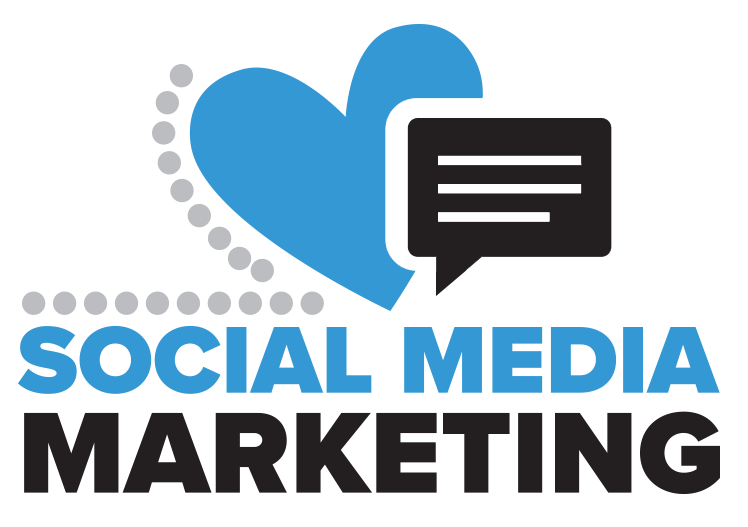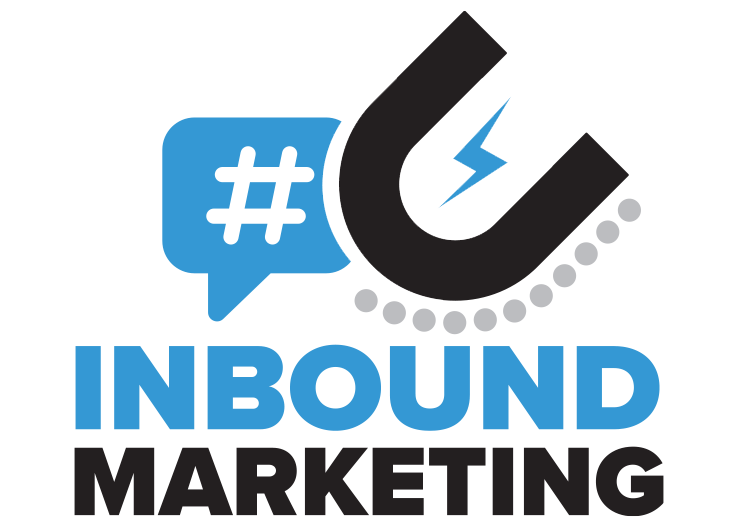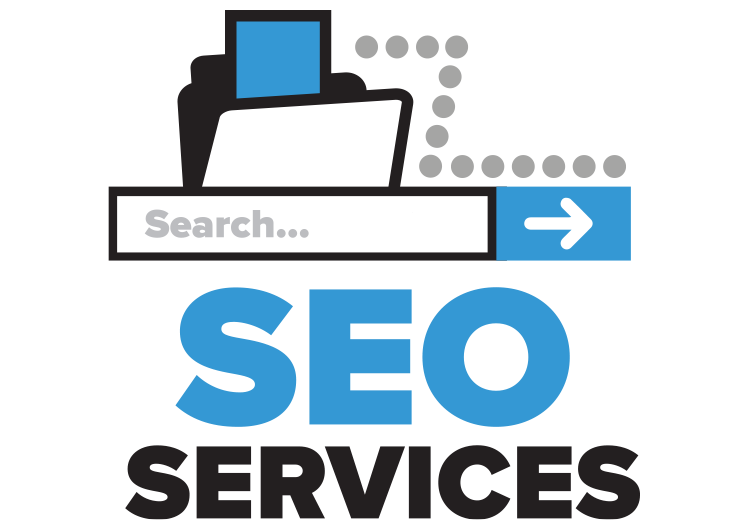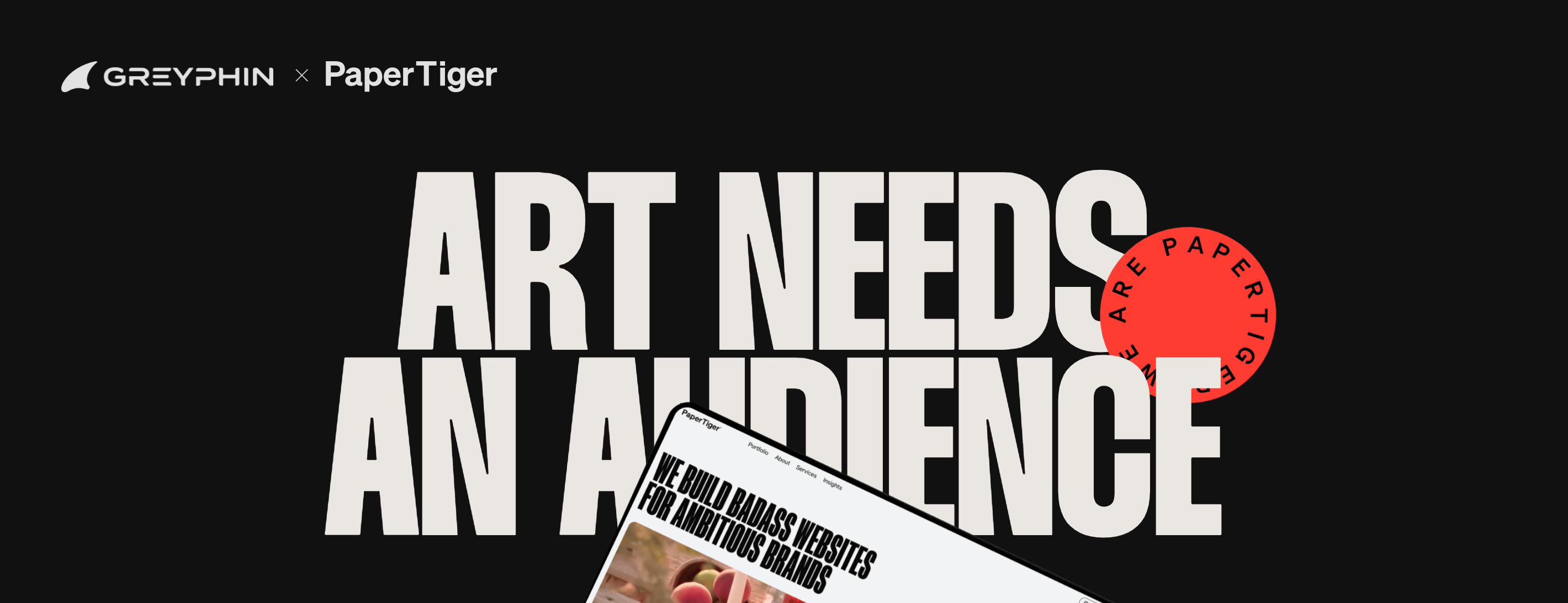
You might be thinking, “what's ethical fading? Is that like the right way to do that popular late-80s haircut?” Not quite.
Ethical fading's basically denial. It’s rationalization. It’s when we see ourselves as ethical individuals who make the right decisions, but in reality we’re either excusing or avoiding what might be unethical about our behavior. As a concept, ethical fading can impact any part of our lives, but it has a particular importance to the way we conceive of marketing because it can result in the compromise of our marketing values and code of ethics, which can have a global impact.
So if you’re thinking, “What are marketing ethics?” check out our previous blog and circle back here. We’ll wait.
And if you’re thinking, “I don’t need to worry about this. I always do the right thing,” then this blog's precisely for you.
Since ethical fading is an act of self-deception, it’s exactly this feeling of “I’m safe,” that breeds the problem. At the root of everything, combatting the fade requires the acknowledgement of three things:
- Occasionally making unethical decisions doesn’t make you a bad person. It makes you human. But…
- You can always be better than you were the day before. Don’t beat yourself up, just keep trying.
- Ethical marketing isn’t a destination-like goal that you reach and then you’re done. It’s a standard you need to constantly raise and hold yourself to. It’s a never-ending storrryyyyyyyyyy. *theme-song humming commences*
Okay, so we won't submit you to laser-wielding sphinxes to hold you to an impossible standard, but we'll encourage you to look in the [totally not magic] mirror and examine your true nature. *humming continues*
Silliness aside, let’s say you understand and agree to those three statements. What’s next? What can be done? Well, we’ve got some practical advice to help you prevent ethical fading in your marketing efforts.
________________________
Regularly Reflect on Your Motivations
We all have unconscious biases that make us lean a little in one direction over the other, ones we aren’t totally aware of. When we accept that these exist and question what’s motivating the decisions we make, we take a little power away from them. A simple decision diary or voice-memo as part of a daily or weekly routine could help shape your personal and business ethics.
Give Yourself Time
It’s usually when we make quick, impulsive decisions that ethical slip-ups happen. Perhaps this is because we aren’t thinking through the issue critically, or perhaps we aren’t giving our consciences enough time to nag us into re-thinking our choice. Either way, allowing yourself extra time to be intentional with big decisions can make a difference.
Think Long Term & Big Picture
Short term thinking can be overly focused on the immediate realm of a decision, which means it lacks an awareness of consequence. To oversimplify, short-term decision-making might look like:
- “The candy looks good, and I want it.”
- “Cleaning toilets is gross, and I don’t want to do it.”
- “Advertising energy drinks to children makes our company a lot of money."
But a long-term, more big-picture awareness allows us to see things with more clarity, for instance:
- “The candy belongs to that baby, not me.”
- “It’s not sanitary to neglect the bathrooms.”
- “Children drinking energy drinks is bad for both the kids and societal sanity.”
Short-term thinking often hits in times of high pressure when we're stressed and busy, so once again, make sure you’re giving yourself time to breathe. As Bill Gates famously stated, “sitting and thinking may be a much higher priority. It's not a proxy of your seriousness that you've filled every minute in your schedule."
Discuss & Defend Your Standards
Your code of ethics shouldn’t be a document that gets filed away until there’s a disciplinary meeting. It should be discussed regularly. When we see people acting in accordance with an important value, we should give them a nice little pat on the back. When a situation's at risk of crossing a line, we should bring up our code.
Most importantly, there'll be times which put your values in discord with one another. To honor your commitment to privacy, for example, you might have to make a sacrifice in your value for transparency. Sharing and discussing how to move forward in these situations ensures your whole team understands what's expected and avoids giving anyone the impression that your code of ethics can just be ignored when it’s not convenient anymore, as can happen with unilateral action, no matter how well-intended.
This might also come with a little wave-making if you're someone influential. Use that influence to make change. Our industry has made plenty of progress in the realm of ethics, but nefarious strategies still abound. Analyzing common practices and evaluating the impact of your marketing efforts is always going to be important. Call out when things aren’t right. Use peer pressure for good.
Use Your Words Wisely
Language is inextricably connected to cognition. Our brains value and prioritize the things we say in a way that quite literally shapes our reality. That’s why speaking positive affirmations can be so helpful for changing your point-of-view. And it’s why speaking half-truths or even slightly-off-truths can warp our perspective.
Some Linguistic Traps:
—Logical fallacies, which are flaws in logic which don’t hold up on closer examination, but sound persuasive on the surface. For example, “everyone else is doing it” (bandwagon), “if I don’t do this, then I won’t be able to do this other thing, and then [insert exaggerated outcome]” (slippery slope), or "we can't listen to those @*#&!%$" (ad hominem). Don’t fool yourself with fallacies.
—Euphemistic language, for example saying “boosted” instead of stolen, can also warp our perceptions of such actions. Of course, it’s not always so obvious as this example, but calling a thing exactly what it is can help prevent some of these cognitive slips.
—Absolutes, like "always" and "never." Statements with absolutism rarely reflect the complex greyscale of the real world.
_____________________
Remember: perfection isn't possible. Nobody's an awful person for making one impulsive decision. But with practice we can prevent our marketing code of ethics from fading into The Nothing.
That's a big deal when we think about how much our marketing matters.









